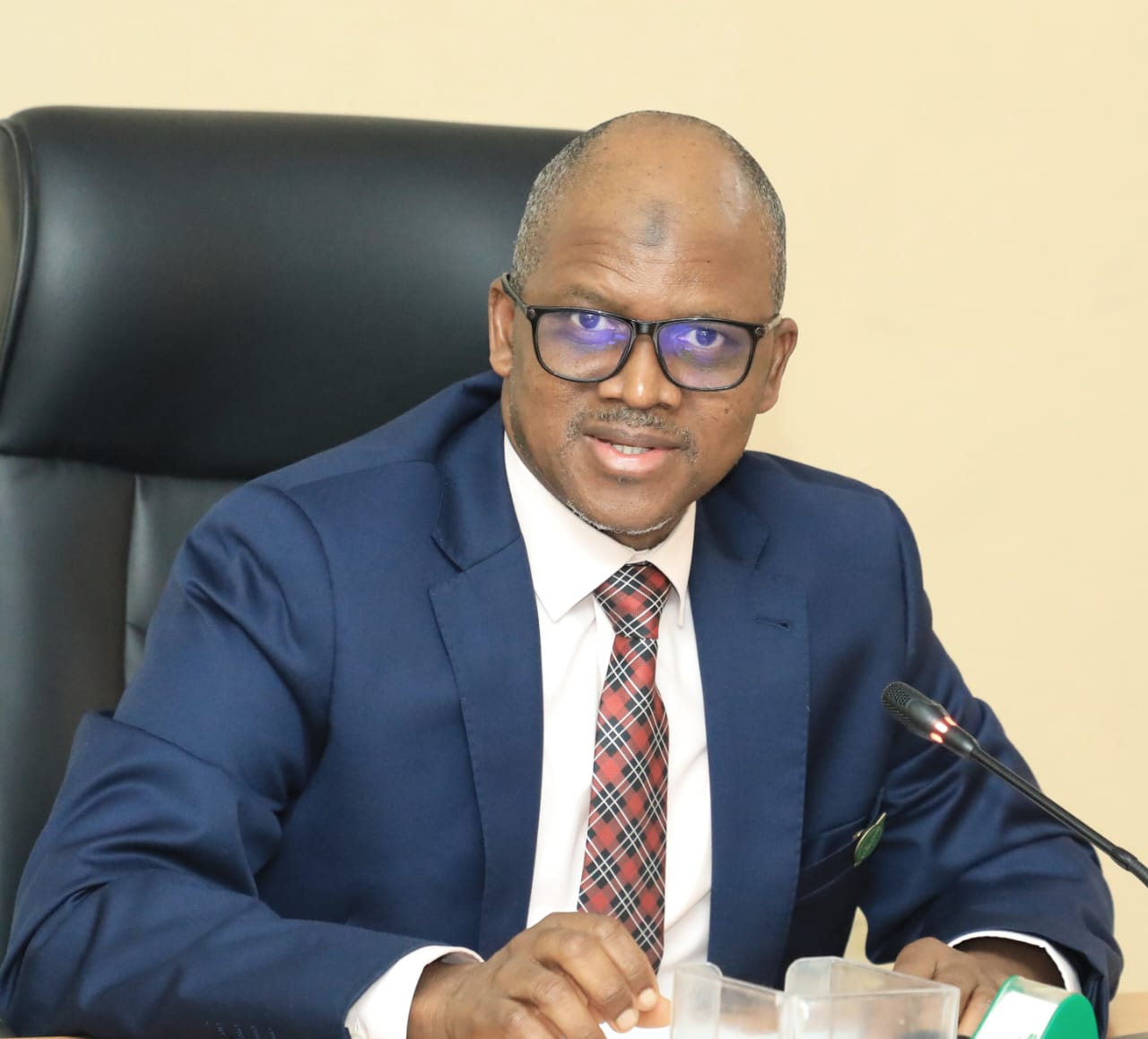The Managing Director of the Federal Mortgage Bank of Nigeria (FMBN), Shehu Usman Osidi, has announced that Nigerians can now access affordable housing loans at single-digit interest rates, with tenors of up to 30 years.
Speaking on the Bank’s housing finance initiatives, Osidi explained that FMBN was created to make home ownership possible for low- and middle-income Nigerians through the National Housing Fund (NHF) scheme.
“Unlike commercial banks that charge above 25 percent interest with short repayment periods, our mortgage products are offered at just 6 percent interest for up to 30 years,” Osidi said. “Equity contributions are as low as 0 to 10 percent, removing barriers for many Nigerians seeking to own homes.”
He revealed that the Bank is backing large-scale projects under the Renewed Hope Cities initiative, including 3,112 units in Karsana, Abuja and 1,500 units in Ibeju-Lekki, Lagos. Over ₦100 billion has already been committed in guarantees to developers, with ₦27 billion for Ibeju-Lekki City and ₦19.9 billion for Karsana City.
“These projects are designed as fully integrated communities with roads, water, electricity, schools, clinics, and markets. Our approach ensures sustainability and dignity for residents,” he said.
Osidi further disclosed that FMBN recently deployed a new Core Banking Application to digitize its operations. The platform, which went live in April 2025, is helping to speed up loan approvals, reduce errors, and give contributors real-time access to their records.
On products available, the FMBN boss listed the NHF Mortgage Loan, Rent-to-Own Scheme, and the soon-to-be-launched Non-Interest Ethical Mortgage Products. He also revealed plans for a Diaspora Mortgage Loan in partnership with the Central Bank of Nigeria and the Nigerians in Diaspora Commission (NIDCOM).
According to him, the Bank nearly doubled loan approvals from ₦39.7 billion in 2023 to ₦71.5 billion in 2024, due to process reforms and closer partnerships with state governments, developers, and cooperative societies.
“Our vision is to expand access, especially to underserved groups such as artisans, traders, and informal sector workers. Homeownership should not be limited to the formal sector alone,” Osidi stressed.




